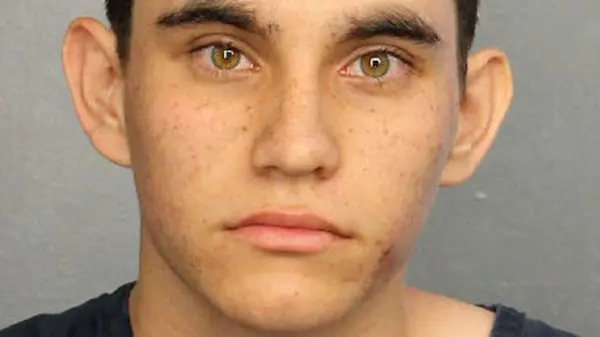“Florida prosecutors to seek the death penalty against 19-year-old suspect in Florida high school massacre,” read the headlines. Do we need to rethink our “eye-for-an-eye” approach?
The application of the death penalty is always problematic. Many times, people opposing capital punishment simply are opposed to the government taking a life. Other times, the debate arises from the criminal justice system’s inability to define a specific quantum of evidence that is sufficient to take a person’s life, which invariably leads to innocents being convicted and sentenced to death. Yet, other times, as is the case with Nikolas Cruz, the defendant has an indisputably serious mental illness, almost certainly affecting his ability to appreciate the consequences of his actions on others.
Jails and prisons have become the American mental health care system, as we have made the decision, both at the federal and state level, to not treat mental illness proactively, but rather punish it when it manifests itself as criminal behavior.
Many ancient cultures – and many modern cultures, including many American states, view crimes through the prism of the concept oflex talionis – an eye for an eye. It would be difficult to argue that Nikolas Cruz’s actions do not warrant such punishment. However, we as a society must take this opportunity to consider the ramifications of continuing to punish seriously mentally ill individuals similarly to those who are unaffected with such diseases.
All available data suggests that long prison sentences, and even capital punishment, have no deterrent effect on crime. What, then, is the point? Does it make us feel better about ourselves? Does it empower the victims and families who continue to suffer from these atrocious acts of violence? Perhaps. But as irredeemable as Cruz’s actions are, America must seize the opportunity to look anew on our priorities. Is it more important for us to all have a Glock in every home and every school, or do we need to take action with respect to the treatment of the seriously mentally ill? Only our collective national conscious, such as it is, can answer that question.
Until we truly provide treatment for mental illness, can we say #neveragain with confidence?

